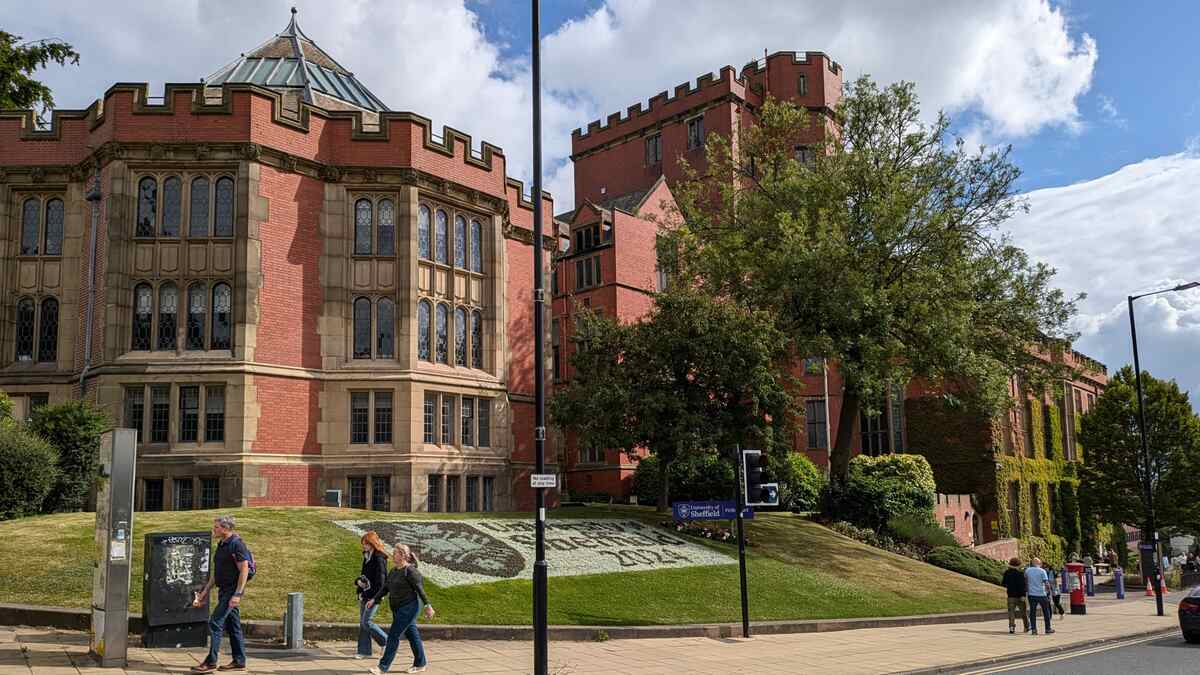TB871: Intuitive and rational thinking
Note: this is a post reflecting on one of the modules of my MSc in Systems Thinking in Practice. You can see all of the related posts in this category.

I’m now moving into the Block 3 People stream, which is structured around the following ‘headline issues’:
- How can understanding my own thinking help me?
- How can thinking about thinking help me to work better with other people?
- What thinking skills do I need to further my own systems thinking in practice?
This block kicks off with a discussion about the difference between rational and intuitive thought. A good example of this from my own life would be something I wrote about almost a year ago when we decided not to buy a house next to a river. I knew intuitively that it probably wasn’t a good idea, but was not prepared to make the decision with my wife purely on those grounds. When we commissioned a flood report, I then used AI to explain the report to me, do some modelling, and create some personas.
With smaller purchases, I do tend to be very methodical and logical. For example, check out this colour-coded spreadsheet I made when buying a new sleeping bag. I’ve done the same with tents. Unless there’s a huge discount, or an incredibly cool feature on one of them, I tend to be methodical and rational.
William James, the Pragmatist philosopher I cited frequently in my thesis was also a psychologist and in The Principles of Psychology stated:
The stream of our thought is like a river. On the whole, easy simple flowing predominates in it, the drift of things is with the pull of gravity, and effortless attention is the rule. But at intervals an obstruction, a set-back, a log-jam occurs, stops the current, creates an eddy and makes things temporarily move the other way. If a real river could feel, it would feel these eddies and setbacks as places of effort.
(William James, quoted in The Open University, 2020)
In other words, occasionally our natural stream of thought is interrupted and demands a different form of attention. Daniel Kahneman built on this tradition of different forms of ‘noticing’ in his Nobel prize-winning work on System 1 and System 2 thinking (not to be confused with the different systems of the VSM!):
System 1 operates automatically and quickly, with little or no effort and no sense of voluntary control.
System 2 allocates attention to the effortful mental activities that demand it, including complex computations. The operations of System 2 are often associated with the subjective experience of agency, choice, and concentration.
(Daniel Kahneman, quoted in The Open University, 2020)
In terms of my own life and experiences, I’m dealing with System 1 when moving around my kitchen, running on the treadmill, or even, to some extent, when typing these words. I can touch type, so I’m not ‘thinking’ where to put my fingers — they just go there when I’m thinking of words in order.
System 2 is most of the work that I do for and on behalf of clients, with my WAO colleagues. For example, coming up with a communications strategy or planning a new project. In my personal life it would be something like figuring out the logistics for the coming week in terms of the different places I need to be and the various things I must juggle to help keep the Team Belshaw show on the road.
References
- The Open University (2020) ‘P3.1.2 Basics of the human brain: two modes of thinking’, TB871 Block 3 People stream [Online]. Available at https://learn2.open.ac.uk/mod/oucontent/view.php?id=2261488§ion=2.2 (Accessed 10 July 2024).
Image by Joshua Sortino

